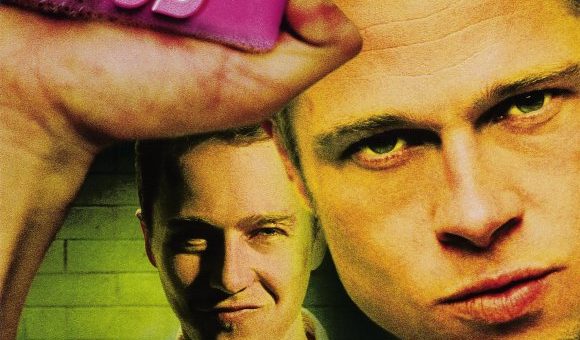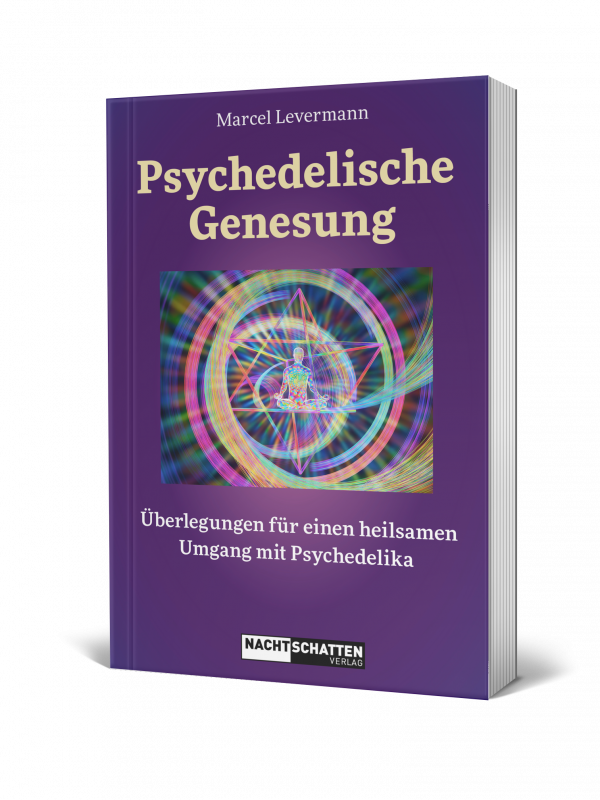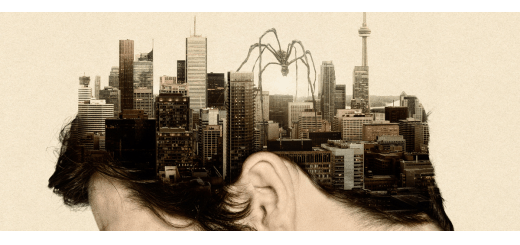Another Earth: Forgiveness as a gravitational field
The earth in Another Earth attracts a supposed copy of its own while the motive for forgiveness is the gravitation of the film. Rhoda Williams caused as the protagonist a car accident with a fatal outcome, which ended a whole family life. John Burroughs, a former professor and family father, has been in a coma for a long time, and afterwards he is depressed and an alcoholic. After she served official punishment, Williams feels inwardly cold and derealized and lies herself in the ice-cold night to die. Her internal state is immediately reconciled with the contextual configuration of the plot....








